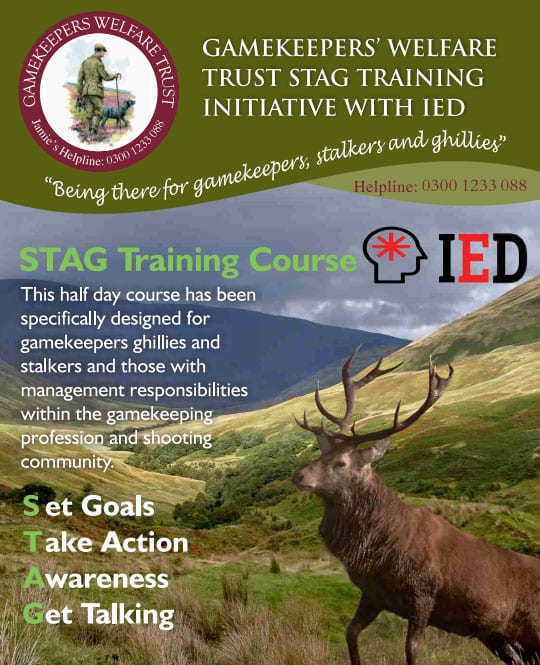Green Shoots in Dorset
Dorset Green Shoots When BASC was in discussion with the South West of England Regional Development Agency in 2005 they showed interest in our Green Shoots programme, especially with the success demonstrated by Green Shoots on the Somerset Levels. The result was they provided funds for BASC to run the

